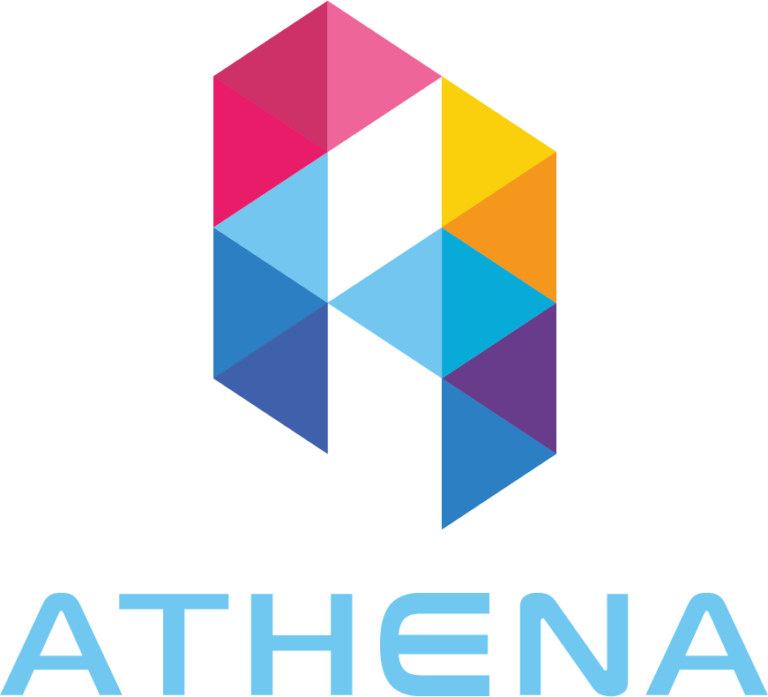Simplifying Payments: How Modern Gateways Are Revolutionizing Transactions
In today’s fast-paced digital economy, payment gateways are at the forefront of transforming how businesses and consumers conduct transactions. By offering seamless, secure, and efficient payment solutions, modern gateways are reshaping the financial landscape and driving innovation in various industries. This article explores how payment gateways work, their impact on transactions, and why they are integral to the future of commerce.
Understanding Payment Gateways
What is a Payment Gateway?
A payment gateway is a technology that facilitates online transactions by connecting merchants with financial institutions. It securely processes payment information, authorizes transactions, and ensures funds are transferred from the buyer’s account to the merchant’s account.
Key components of a payment gateway include:
- Encryption: Protects sensitive data during transmission.
- Authorization: Validates the buyer’s payment method.
- Settlement: Ensures funds are transferred to the merchant’s account.
Types of Payment Gateways
Payment gateways can be categorized into:
- Hosted Gateways: Redirect users to a third-party platform to complete payments.
- Integrated Gateways: Embed directly into a website for a seamless checkout experience.
- API Gateways: Allow developers to customize payment processing workflows.
The Impact of Modern Payment Gateways
Enhanced Security
Modern payment gateways employ advanced security measures, such as tokenization, end-to-end encryption, and fraud detection algorithms. These features protect sensitive customer information, reduce chargebacks, and instill trust in digital transactions.
Global Accessibility
With support for multiple currencies and payment methods, gateways enable businesses to expand their reach globally. Features like automatic currency conversion and local payment method integration simplify cross-border transactions, making it easier for merchants to cater to international customers.
Streamlined User Experience
A smooth checkout process is essential for reducing cart abandonment and boosting sales. Modern gateways offer features such as one-click payments, digital wallets, and mobile-friendly interfaces to enhance the user experience.
Benefits for Businesses
Increased Efficiency
By automating the payment process, gateways save time for businesses and reduce the likelihood of errors. Real-time processing ensures transactions are completed quickly, allowing merchants to focus on core operations.
Scalability
As businesses grow, payment gateways can handle increased transaction volumes without compromising performance. Many gateways also offer modular features that allow businesses to add capabilities like recurring billing or subscription management as needed.
Analytics and Insights
Modern gateways provide detailed transaction reports and customer behavior analytics. These insights help businesses understand their audience, optimize pricing strategies, and identify growth opportunities.
Choosing the Right Payment Gateway
Key Factors to Consider
When selecting a payment gateway, businesses should evaluate:
- Integration Capabilities: Ensure compatibility with existing systems and platforms.
- Fees: Consider transaction fees, setup costs, and ongoing charges.
- Customer Support: Reliable support is crucial for resolving issues quickly.
- Compliance: Verify that the gateway complies with standards like PCI DSS and GDPR.
Case Study: A Retail Success Story
A mid-sized e-commerce retailer integrated a modern payment gateway to streamline its checkout process. By offering multiple payment options and a mobile-friendly interface, the retailer reduced cart abandonment rates by 25% and increased international sales by 40% within six months. The gateway’s analytics tools also helped the retailer identify popular products and refine its marketing strategies.


